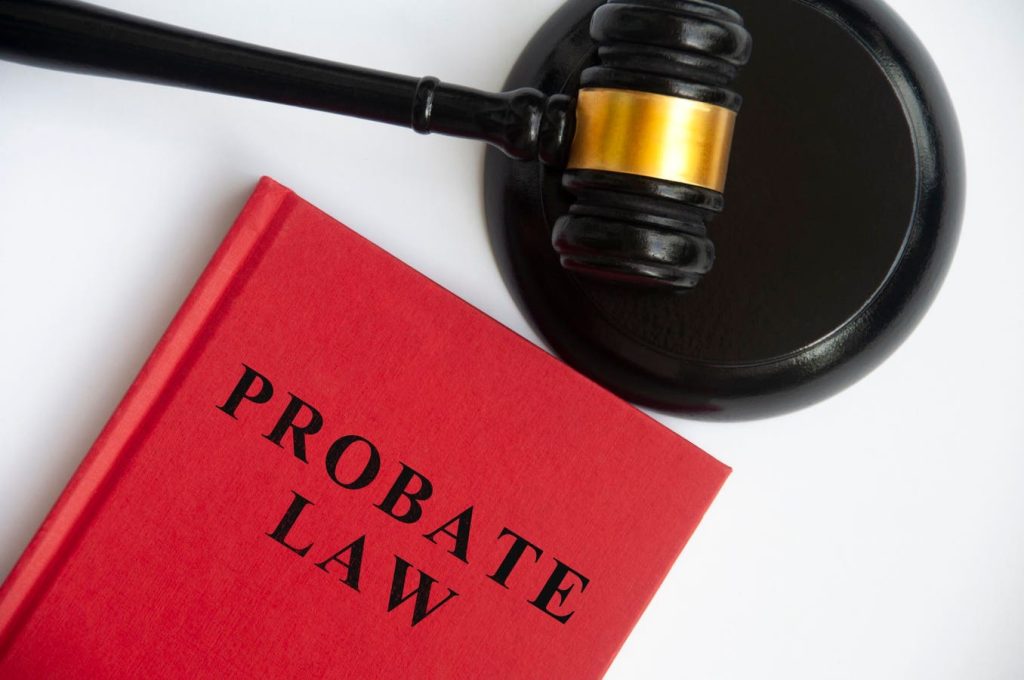Avoiding probate when planning for your estate is a wise choice for many reasons. Not only does it save time and money by avoiding court proceedings, but it also maintains privacy by keeping a list of probate assets and their value from being filed publicly. Additionally, probate avoidance techniques such as beneficiary designations, joint ownership, and trusts can help beneficiaries receive their inheritance sooner. However, one often overlooked reason to avoid probate is to prevent heirs from receiving notice of court filings upon your death, which can lead to potential complications.
When your will is probated, the court typically requires that your heirs receive notice of the filing. This gives them the opportunity to contest the will if necessary, protecting against fraudulent claims or undue influence. While this can be beneficial in some cases, it can also lead to headaches and delays if unhappy heirs decide to contest a valid will. Identifying and finding addresses for heirs can also be a challenge, requiring thorough research and potentially the assistance of an heir locator to notify them of their rights.
To avoid potential conflicts and awkward situations, creating a revocable trust during your lifetime and transferring your assets to the trust can help you avoid probate altogether. This can be a more involved process than creating a simple will but can ultimately save money in legal fees and maintain your privacy. Be sure to consult with a lawyer to ensure all assets, including tangible personal items, are properly transferred to the trust to avoid any complications down the line.
In some cases, opting for a simple will may not be the best choice, especially if you want to leave assets to friends, family, or a charity. State laws determine who receives notice of probate proceedings, so working with your attorney to compile a list of heirs and their current addresses can make the process easier for your beneficiaries. By planning ahead and considering the potential complications of probate, you can ensure a smoother transition of assets and protect your loved ones from unnecessary delays and disputes.


